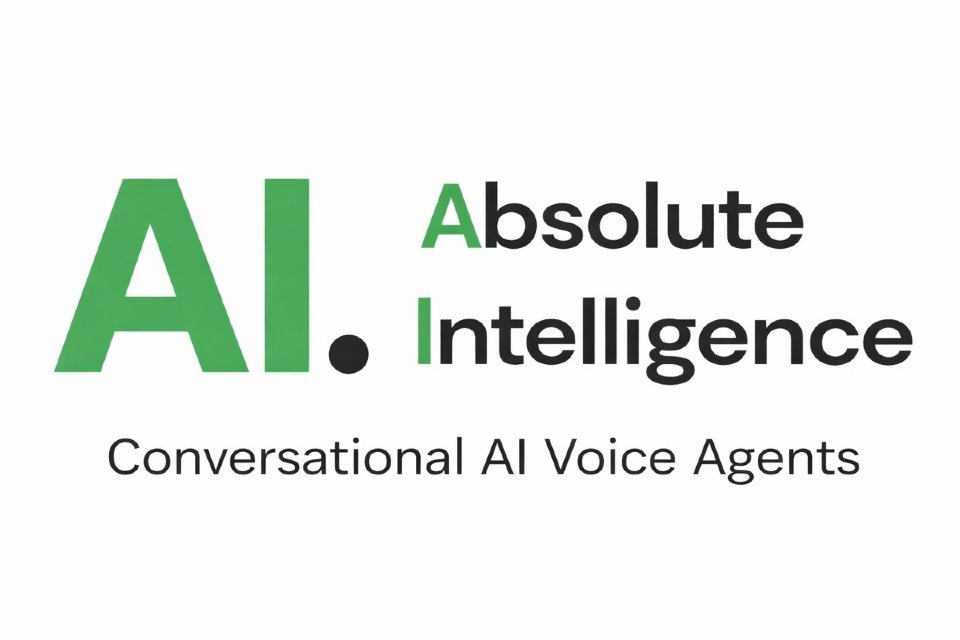Artificial Intelligence (AI) and Machine Learning (ML) are pioneering a significant analytics revolution for contact centres. These advanced technologies are transforming the way contact centres operate, offering unprecedented insights into customer behaviour, enhancing service quality, and driving operational efficiency. Here’s an exploration of how AI and ML are at the forefront of the analytics revolution in contact centres…
Enhanced Customer Insights: At the heart of AI and ML capabilities is the ability to process and analyse vast amounts of data at incredible speeds. Contact centers generate a wealth of data from every interaction, whether it’s through voice calls, chat, email, or social media. AI and ML algorithms can sift through this data to extract valuable insights about customer preferences, behavior patterns, and sentiment. This deep understanding enables contact centers to tailor their services to meet customer needs more effectively, improving satisfaction and loyalty.
Predictive Analytics for Personalised Experiences: One of the most powerful applications of AI and ML in contact centres is predictive analytics. By analyzing past interactions and outcomes, these technologies can predict future customer inquiries or issues before they arise. This predictive capability allows contact centres to proactively address customer needs, personalise interactions, and even anticipate and prevent potential problems. The result is a more seamless, efficient, and personalised customer experience.
Optimising Workforce Management: AI and ML are also revolutionising workforce management in contact centres. These technologies can analyze patterns in call volumes, chat traffic, and other interactions to predict peak periods and optimal staffing levels. This enables contact centers to allocate resources more efficiently, ensuring that they have the right number of agents available at the right times. Additionally, AI-driven training programs can identify skill gaps among agents and customize training content to address these needs, enhancing overall performance.
Improving Quality Assurance: Traditional quality assurance in contact centres has been labor-intensive, with managers manually reviewing a small sample of interactions. AI and ML have changed the game by enabling the automated analysis of every interaction. This comprehensive approach ensures consistent quality and compliance, identifies areas for improvement, and highlights exemplary interactions for training purposes. Moreover, real-time feedback from AI systems can guide agents during interactions, helping them to meet quality standards consistently.
Future Trends: Looking ahead, the integration of AI and ML in contact centers is set to deepen. We can expect to see more advanced natural language processing capabilities, enabling even more nuanced understanding of customer sentiment and intent. Additionally, the integration of AI and ML with other technologies, such as Internet of Things (IoT) devices, could open up new avenues for customer support and engagement.
AI and ML are at the forefront of the analytics revolution in contact centres, driving enhancements in customer insights, personalised experiences, workforce management, and quality assurance. As these technologies continue to evolve, they promise to further transform the contact centre landscape, setting new standards for customer service excellence.
Are you looking for Analytics solutions for your contact centres? The Contact Centre & Customer Services Summit can help!





